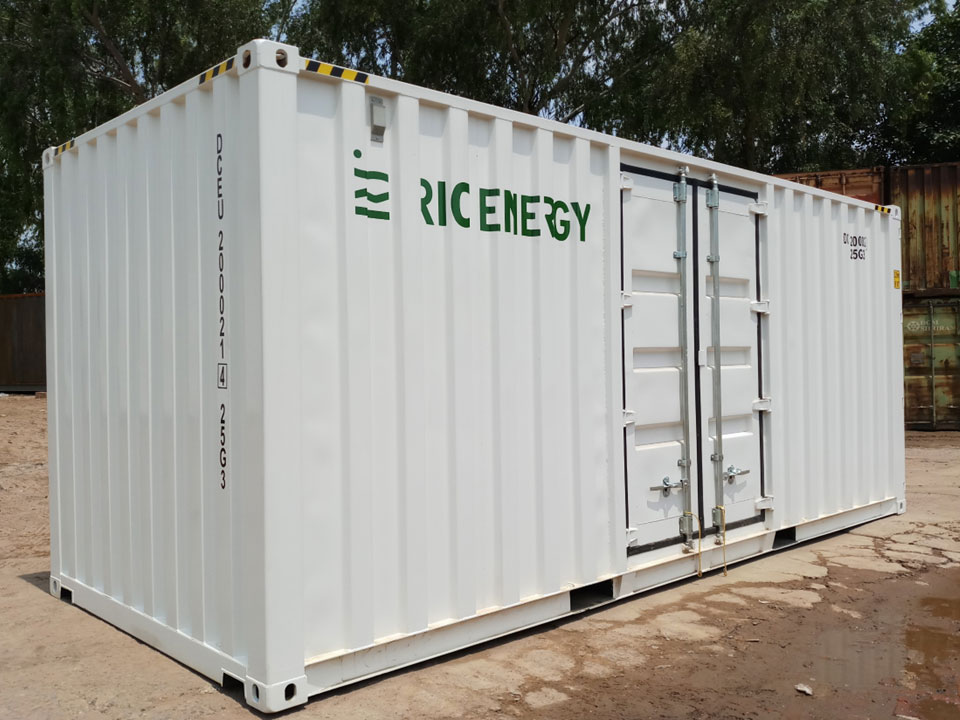DCM Containers is a leading provider of innovative packaging solutions, specializing in durable and sustainable container solutions. With a commitment to quality and environmental responsibility, DCM Containers offers a wide range of products. These bespoke products serve the needs of various industries, including food and beverage, pharmaceuticals, and logistics. Engineered for durability, their containers ensure safe storage and transportation of goods.
Embracing eco-friendly practices, DCM Containers prioritizes the use of recyclable materials. The company designs products with a focus on reducing environmental impact. Their dedication to customer satisfaction is evident in their customizable solutions and responsive customer service. DCM Containers continues to set industry standards through their relentless pursuit of excellence in packaging solutions, making them a trusted partner for businesses seeking reliable and sustainable container options.
In an exclusive interaction with The Interview World, Rudra Shriram, Director of DCM Containers & Engineering Pvt. Ltd., discusses the complexities of multimodal containerization, indigenous manufacturing, and infrastructure development. He highlights the challenges of seamlessly integrating various transportation modes and emphasizes the importance of domestic manufacturing to meet industry demands and reduce reliance on imports. Additionally, Shriram stresses the need for robust infrastructure to support efficient container movement and storage, facilitating trade and economic growth. Overall, his insights provide valuable perspectives on the multifaceted aspects of the containerization industry, encompassing multimodality, manufacturing, and infrastructure.
Q: What are the primary challenges hindering container manufacturers in India?
A: Containerization and container manufacturing are experiencing a significant upswing currently. As the logistics industry increasingly adopts containerization, the demand for containers is escalating. Moreover, with the Make in India initiative, there’s a push for domestic container manufacturing. India, with its unique cargo movement methods, stands to benefit greatly from containerization.
Consider a scenario where you operate in the domestication sector and require an EXIM container. The domestication process incurs a tariff of about 18 to 22 percent, creating a notable price gap. Overcoming challenges such as scaling, raw material availability, pricing, and infrastructural support is crucial for container manufacturing.
Even if two out of these three challenges are addressed, it paves the way for domestic container production. Some envision India emerging as a global hub for container manufacturing, but we must acknowledge our current stage. Before sprinting, one must learn to crawl and walk. Presently, we’re not even at that stage.
For instance, if CONCOR placed an order today for 10,000 containers, it would pose challenges due to reliance on a few companies for such massive orders. Even if all Indian companies rallied together and dedicated their resources to fulfill CONCOR’s order, meeting the demand might still be a challenge.
Q: What is India’s current global ranking and role in container manufacturing?
A: India’s involvement in container manufacturing has been steadily growing in recent years, although it may not yet rank among the top global producers. Nonetheless, India is making notable progress in this sector. Currently, the leading countries in container manufacturing are China, South Korea, Taiwan, Italy, the UK, France, and Poland, all of which boast well-established production facilities.
While China dominates the global market with around 95% or more of container production, India has a significant opportunity in customized containers tailored to domestic logistics needs. This presents a lucrative market for Indian manufacturers, particularly for catering to the requirements of local logistics companies.
Q: What specific challenges are currently being encountered within the realm of domestic containerization?
A: One of the primary challenges we’re currently encountering revolves around the availability of raw materials, specifically those required for manufacturing containers. This obstacle is actively being tackled through collaborative efforts involving BIS (Bureau of Indian Standards) and multiple steel manufacturers. It’s crucial to note that where there’s a demand, supply typically follows suit. Therefore, as demand for a particular grade of steel increases, there’s a corresponding uptick in the manufacturing of that specific grade. This dynamic relationship between demand and supply underscores the importance of creating a sustained demand for specific steel grades to ensure a continuous and adequate supply.
Q: What specific policies need to be implemented to support and foster growth within this particular industry?
A: Firstly, implementing a Production Linked Incentive (PLI) scheme is crucial to instill confidence in investors in the container manufacturing sector. Despite discussions about such a scheme in India, its current status remains unclear. Collaborating with relevant agencies, we’ve attempted to gather information on the PLI scheme, but its implementation seems stalled at the moment. This uncertainty acts as a significant deterrent for potential investors. The pricing gap between containers manufactured in China and those in India poses a considerable challenge. However, the PLI scheme can effectively mitigate this gap, thereby encouraging further investment in India’s container manufacturing industry. This initiative aims to transform India into a prominent global hub for container production.



